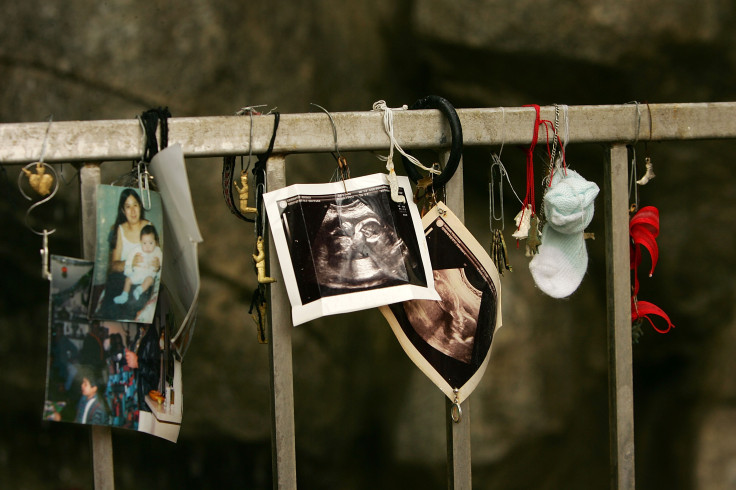
A lawsuit filed against President Donald Trump's executive order on birthright citizenship warns that the measure could leave some U.S.-born children of asylum-seekers stateless. The order, signed Monday and titled Protecting the Meaning and Value of American Citizenship, seeks to limit citizenship to those born to at least one U.S. citizen or permanent resident. It also denies automatic citizenship to children born to parents in the U.S. legally but on temporary status.
On Thursday, a federal district court in Seattle temporarily blocked the order from taking effect for 14 days, with the case ongoing, calling it "blatantly unconstitutional." Washington, Arizona, Illinois and Oregon were the four states requesting an emergency order to halt Trump's executive order.
The issue is particularly complicated for asylum-seekers from countries like Venezuela, which severed diplomatic ties with the U.S. in 2019 after Trump recognized opposition leader Juan Guaidó as interim president. Without Venezuelan diplomatic offices in the U.S., parents may be unable to register their U.S.-born children as Venezuelan citizens, effectively rendering them stateless, as reported by NBC News, citing attorneys involved in the lawsuit.
Juan De la Vega, an immigration attorney based in Miami, told the outlet the issue could extend beyond Venezuelans. "We will most likely have a crisis of thousands of stateless children born in the U.S., not only from Venezuela but from any immigrant whose country does not have an embassy in the U.S.," he said.
In addition to Venezuelan plaintiffs, the lawsuit, filed by groups including the Asylum Seeker Advocacy Project and CASA, also represents pregnant women from Honduras and Russia. Leidy Pérez, policy director at the Asylum Seeker Advocacy Project, said applying for passports from their home countries could undermine asylum claims, as U.S. law may interpret the action as a sign they are seeking their home country's protection.
Some legal experts believe asylum-seekers might still have a pathway to birthright citizenship. Immigration attorney Helena Tetzeli said that the order specifies parents' legal status cannot be "unlawful or temporary," but asylum-seekers are considered lawful and intend to stay permanently.
Democratic attorneys general from 23 states have also sued to block the order, which many legal experts believe the Supreme Court will ultimately reject, despite its 6-3 conservative majority. The policy, part of a broader set of executive actions targeting immigration, challenges the 14th amendment, ratified in 1868, which guarantees citizenship to people "born or naturalized" in the United States.
© 2025 Latin Times. All rights reserved. Do not reproduce without permission.






